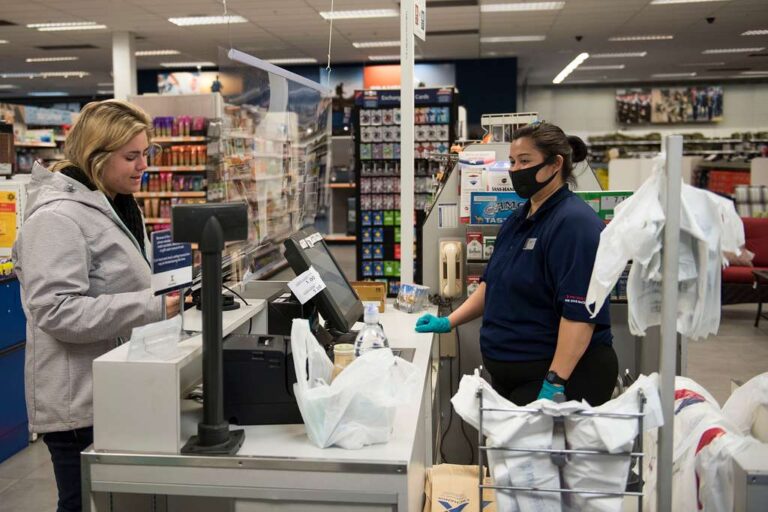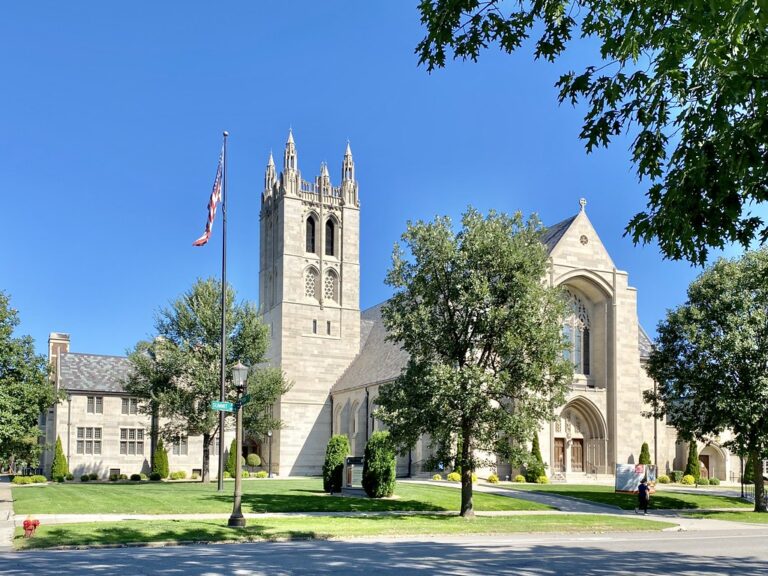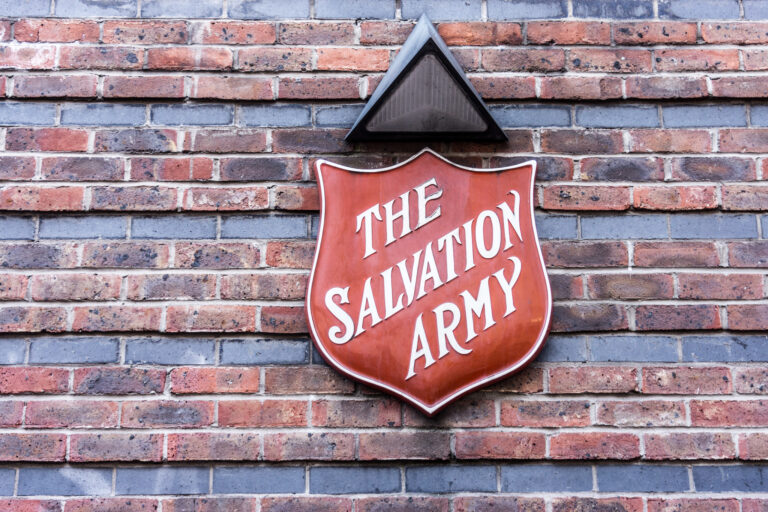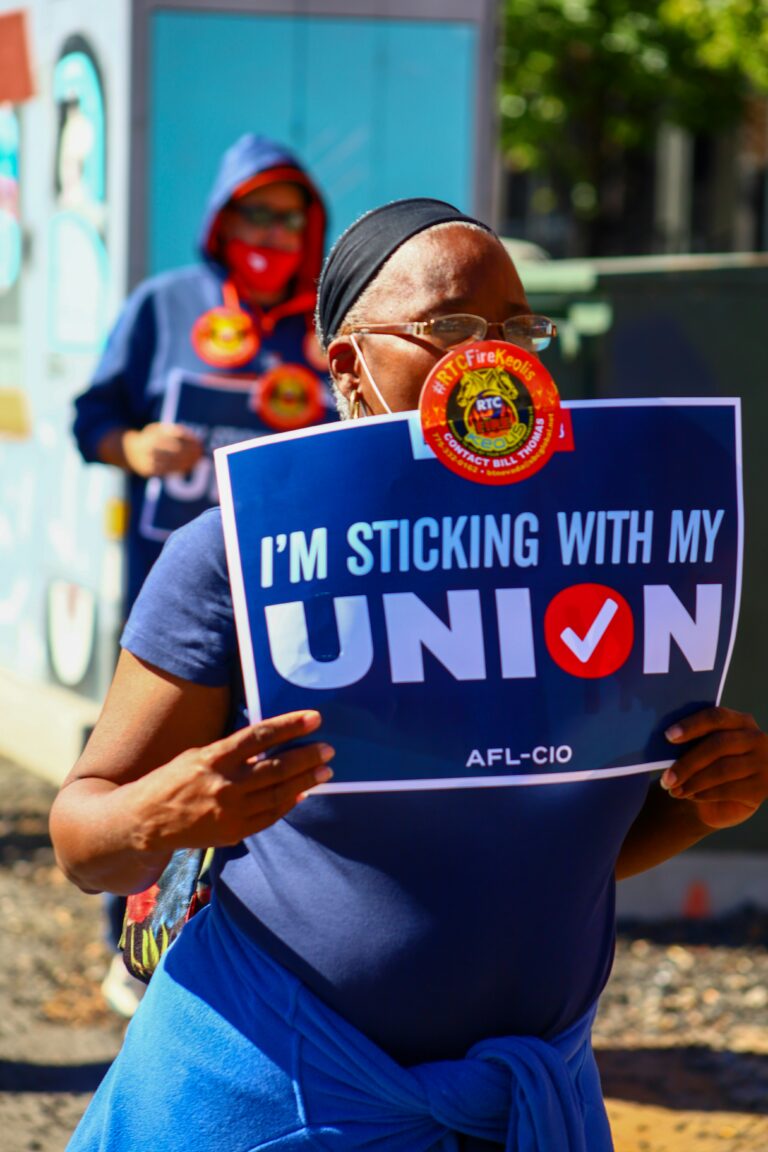
Andrew Strom is a union lawyer based in New York City. He is also an adjunct professor at Brooklyn Law School.
Earlier this week, the Wall Street Journal ran an article entitled “Workplace Democracy Catches On.” I was surprised by this headline given how undemocratic most workplaces are. But, when I read the article I was less surprised. It turns out that these workplaces are democracies the way North Korea is a democracy – they hold elections from time to time even though the elections don’t actually matter.
In North Korea, the parliamentary elections were widely perceived as a joke when the country announced that 100% of the voters had cast ballots in favor of the ruling party. None of the companies in the Wall Street Journal article gave workers a chance to vote for their top officers (though one did ask for feedback from workers), but even if they had, the odds are that the vote would not have represented the true wishes of the employees. One reason why there is no democracy in North Korea or the average American workplace is that democracy can’t exist without freedom of speech. And while I’m not equating American workplaces with the police state of North Korea, in order to have a functioning democracy, citizens must be free to speak their minds without fear of reprisal from those in power. Yet, in the employment-at-will regime that dominates in this country, how many workers feel free to publicly criticize the boss?
Not only do workers lack free speech rights in the workplace, but the companies highlighted in the Wall Street Journal article are not actually letting workers make the truly important decisions. It’s as though we called a city a democracy where citizens were allowed to vote to rename streets, but weren’t allowed to make decisions about taxes or spending. For instance, the article mentions that at Whole Foods, new employees must win approval from two-thirds of their departmental colleagues to stay past a trial period. But, what happens after the trial period ends? According to this Mother Jones article, last fall Whole Foods announced that it was eliminating 1,500 jobs, and according to one employee, at one store low-level supervisors had their wages slashed by up to $5.00 an hour. I don’t think workers were given a vote on those decisions.
As I have said before, I think it’s about time we had a debate about how to make all workplaces truly democratic, but in the meantime we shouldn’t delude ourselves into thinking that the right to vote on naming a conference room equates to democracy in the workplace.






Daily News & Commentary
Start your day with our roundup of the latest labor developments. See all
October 24
Amazon Labor Union intervenes in NYS PERB lawsuit; a union engages in shareholder activism; and Meta lays off hundreds of risk auditing workers.
October 23
Ninth Circuit reaffirms Thryv remedies; unions oppose Elon Musk pay package; more federal workers protected from shutdown-related layoffs.
October 22
Broadway actors and producers reach a tentative labor agreement; workers at four major concert venues in Washington D.C. launch efforts to unionize; and Walmart pauses offers to job candidates requiring H-1B visas.
October 21
Some workers are exempt from Trump’s new $100,000 H1-B visa fee; Amazon driver alleges the EEOC violated mandate by dropping a disparate-impact investigation; Eighth Circuit revived bank employee’s First Amendment retaliation claims over school mask-mandate.
October 20
Supreme Court won't review SpaceX decision, courts uphold worker-friendly interpretation of EFAA, EEOC focuses on opioid-related discrimination.
October 19
DOL issues a new wage rule for H-2A workers, Gov. Newsom vetoes a bill that regulates employers’ use of AI, and Broadway workers and management reach a tentative deal